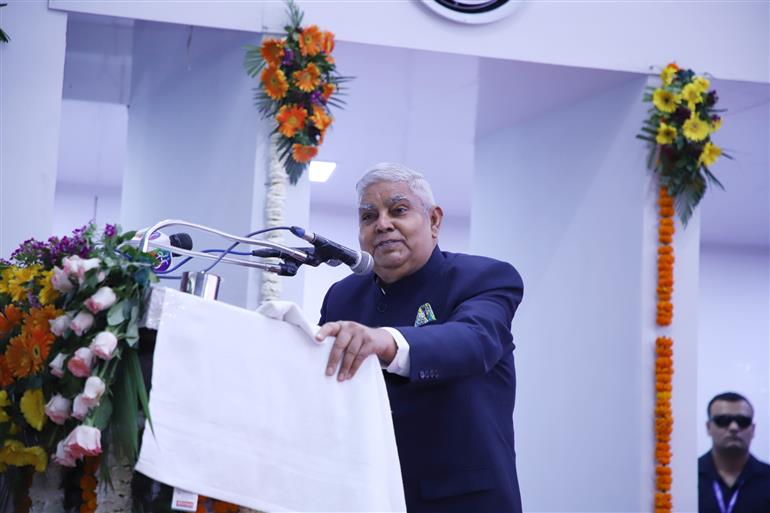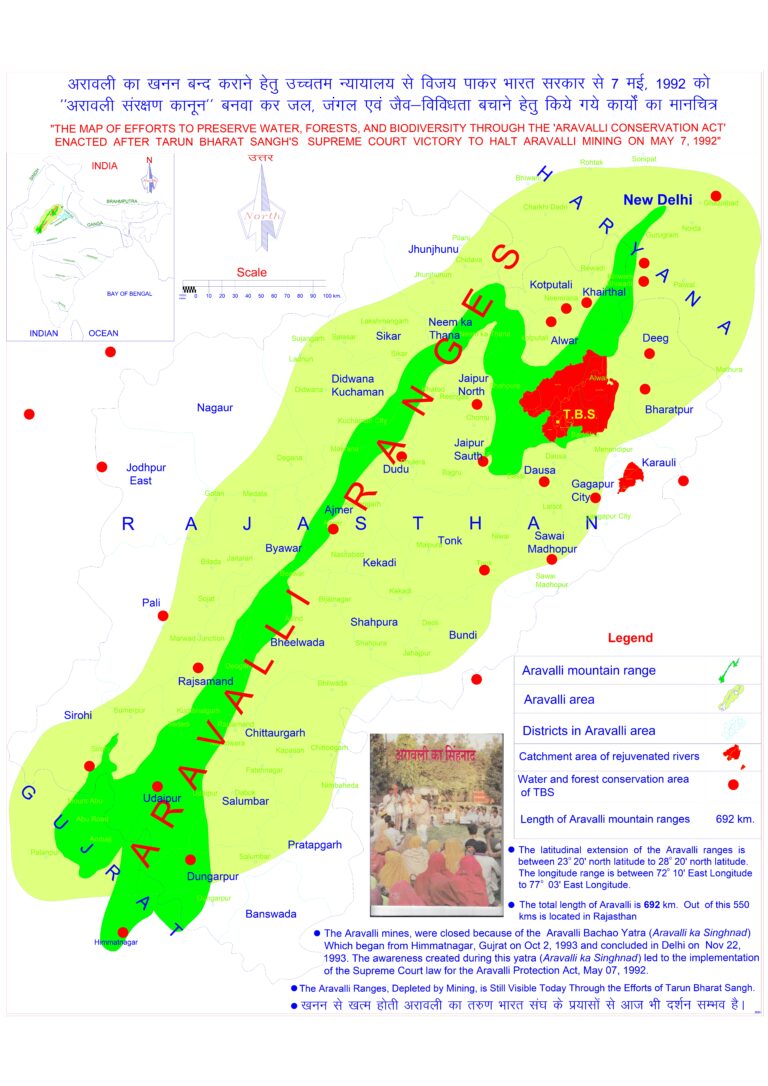
New Delhi/Washington: Describing India as the “most functional democracy in the world”, India’s Vice President Jagdeep Dhankhar stressed that “none in the world has legitimacy or credentials to lesson us on this aspect”. He further said that India’s Constitutional institutions are spinally strong and independent, and India is proud of our judicial system.
Dhankhar made these remarks at the “Rising India Summit-2023” organised by News 18 network, here today.
It may be mentioned that on March 28, 2023 (IST), ahead of the Summit of Democracies hosted jointly by the United States, Costa Rica, Netherlands, Republic of Korea, and Zambia, which begins March 29, 2023, and where India is an invitee, the US reminded India of the importance of democratic values while referring to the Congress Party leader Rahul Gandhi’s expulsion from the Lok Sabha.
Also read: Rahul issue: USA reminds India of importance of democratic values
Yesterday, Prime Minister Narendra Modi, while addressing the Summit of Democracies, reminded the global audience that India was the “mother of democracies”. He said: “The idea of elected leaders was a common feature in ancient India, long before the rest of the world. In our ancient epic, Mahabharata, the first duty of citizens is described as choosing their own leader. Our sacred Vedas, speak of political power being exercised by broad-based consultative bodies. There are also many historical references to Republic states in ancient India, where the rulers were not hereditary. India is, indeed, the mother of democracy.”
Dhankhar today said that it was “painful that some amongst us are engaged in thoughtless orchestration of sinister campaigns to taint and tarnish our democratic institutions”.
Calling upon everyone to be cognizant of virtual intense warfare against India’s integrity, he cautioned that “sinister forces, within and without, are working with a pernicious agenda to sully and downsize our growth trajectory and run down our success”. He warned that an ecosystem was being shaped to combat India’s emergence as a global power.
The Vice President further said that attacking India’s legitimacy as a nation-state, its Constitutional institutions including the Parliament “is becoming a favourite pastime of some outside the country”.
Attacking Rahul without naming him, Dhankhar said, “You will not find a parallel in the world that people holding positions of power would go to other countries to run down their own country”. He added in the same vein, “none in democracy can claim on any ground whatsoever, to be above the law and beyond the reach of the law.”
Observing that “Disorder has become the normal order in the Parliament,” Dhankhar, who is also the Chairman of the Upper House (Rajya Sabha), wanted the legislatures to become genuine platforms for dialogue, debate, discussion and deliberation, and not a theatre of disruptions and disturbance. Stating that everyone should work for nurturing and blossoming of Indian democracy, he appealed to the journalists and intelligentsia, to generate the climate “so that our parliamentarians, in temples of democracy, exemplify high standards worth emulating by people at large”.
Describing himself as the foot soldier of the judiciary and referring to his long legal career, Dhankhar suggested that those at the helm of Constitutional institutions should refrain from making comments in the public domain.
Meanwhile, today, US President Joe Biden and the leaders of Costa Rica, the Netherlands, the Republic of Korea, and the Republic of Zambia opened the second Summit for Democracy, which gathered leaders from around the world to spur further action to strengthen democratic resilience, demonstrate how democracies are delivering for citizens, and highlight how democracies are best equipped to address the world’s most pressing challenges.
Today 70 nations endorsed a ” Summit for Democracy Declaration” which affirmed the endorsing parties’ political commitments to:
- Protect human rights, media freedom, and rule of law;
- Ensure accountability for human rights violations and abuses;
- Support people, including in Ukraine, who stand for freedom and reject aggression;
- Combat all forms of discrimination and exclusion, including by strengthening women’s rights;
- Prevent and combat corruption;
- Advance technology that works for, and not against democracy;
- Defend against transnational threats, including foreign malign influence and foreign information manipulation;
- Support free and fair elections; and
- Address global challenges, including sustainable development, climate change, global health, and food security.
– global bihari bureau





